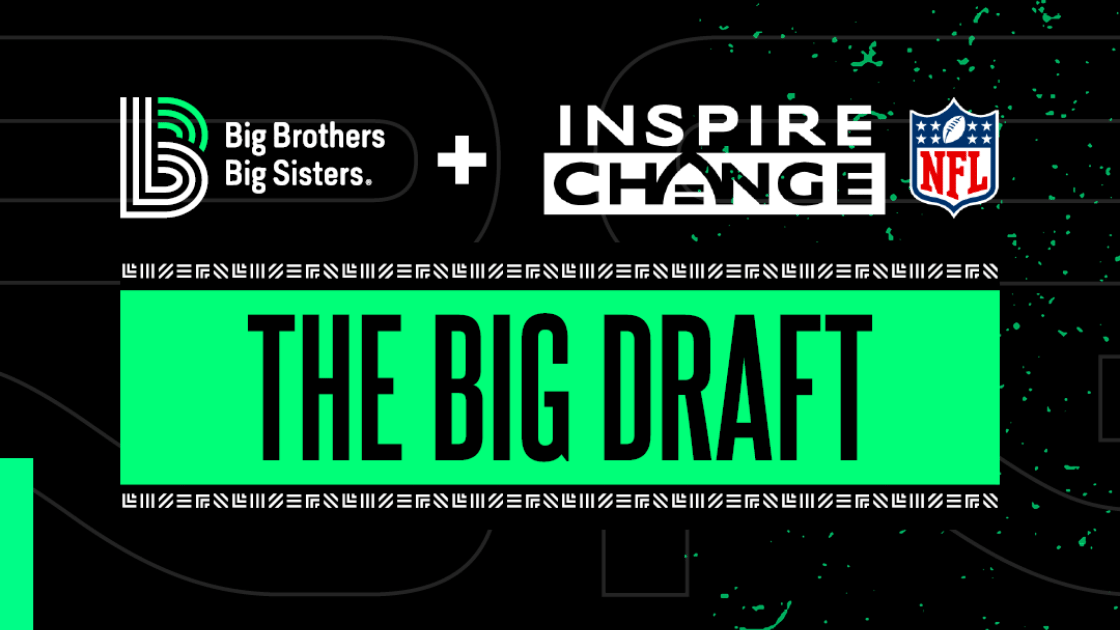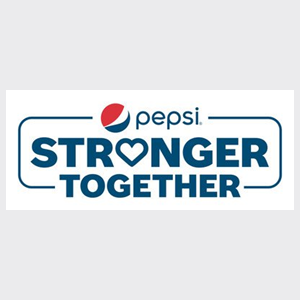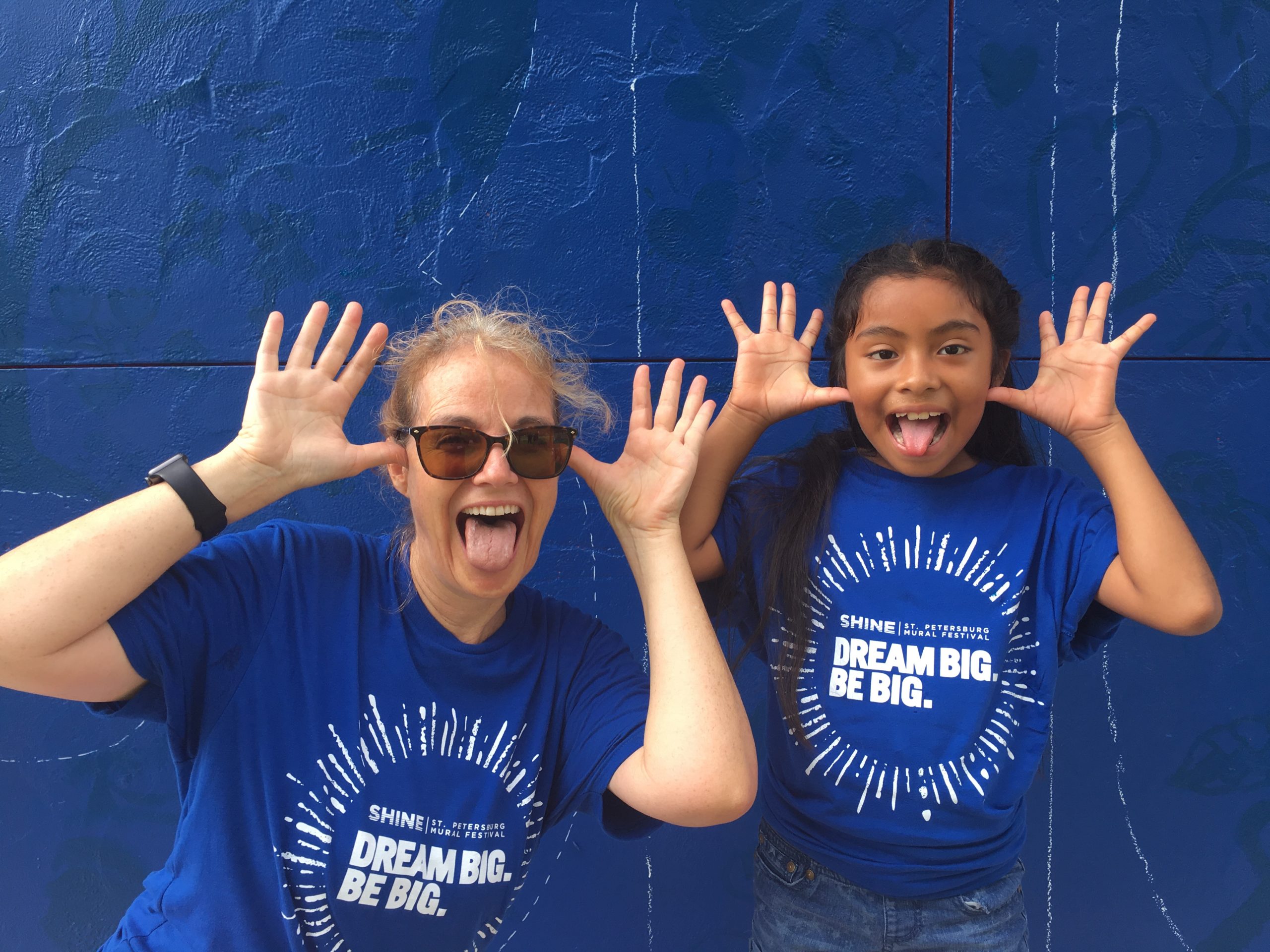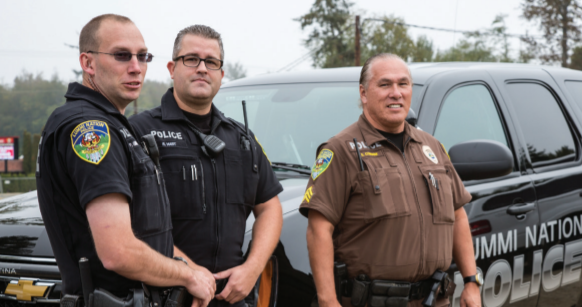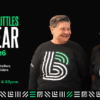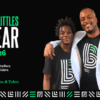In the news: Pepsi Stronger Together, PepsiCo’s series of grassroots initiatives bringing tailored programming support to communities across the country, announces a $1M commitment to Big Brothers Big Sisters of America (BBBSA), the preeminent one-to-one youth mentoring organization in the country, supporting its mission to provide greater equity and access to mentorship experiences. With this shared commitment, Pepsi Stronger Together and BBBSA aim to transform communities by providing critical, supportive relationships young people need to thrive today.
Currently, there are over 30,000 youth across the country waiting for mentors, called ‘Bigs’, with most being young boys of color. Studies show that children who have role models are more likely to do better in school, have better connections with family and friends and are less likely to be involved in delinquent behaviors. To create sustainable, long-term solutions, the partnership will focus on developing BBBS core programming and local activation in key markets, attracting more volunteers, especially men of color, and expanding Big Brothers Big Sisters’ reach in serving more young people.
“As someone who benefitted from the Big Brothers Big Sisters program as a child, I know first-hand how mentorship programs can change lives. I’m honored to be able to continue my commitment to the organization not just personally but professionally as well. Uplifting communities is the core of Pepsi Stronger Together, and I’m proud we’ll be able to make an impact on the incredible work of Big Brothers Big Sisters for young people nationwide,” said Floyd Ferjuste, Vice President of Retail Sales, South Division, PepsiCo Beverages North America, who will also be joining the Big Brothers Big Sisters of America board of directors.
The national partnership kicks off with tailored activations in Miami, FL, Nashville, TN, Tampa, FL, and Los Angeles, CA, supporting various programs in local communities including Bigs in Blue, BBBS first responder engagement program, and Big Futures, a workplace mentoring program reaching young people between 18-25 years old. The donation from Pepsi Stronger Together, which will be made even larger in partnership with Shaq’s Fun House on February 11th where a portion of ticket sales will be contributed to these programs, will also help in supporting Big Brothers Big Sisters’ largest recruitment engagement, called The Big Draft. The Big Draft is a three-month initiative focused on recruiting men, especially men of color, to sign up and get involved with Big Brothers Big Sisters as mentors and volunteers.
For over 100 years BBBSA’s has been dedicated to advancing equity, impact, and growth across the organization, making a lasting impact on the lives of young people. Today the organization creates and supports one-to-one mentoring relationships helping build self-confidence and emotional well-being, and empowering young people on a path to graduate with a plan for their futures and a mentor whose impact can last a lifetime.
“Now more than ever, Big Brothers Big Sisters agencies across the country are finding innovative ways to serve young people and strengthen communities,” said Artis Stevens, president and CEO, BBBSA. “With the support of partners like Pepsi Stronger Together, who are committed and dedicated to the communities they serve, we can drive more meaningful impact at a time when young people need us most.”
To learn more about this partnership and ways to get involved, visit www.bbbs.org.
About Pepsi Stronger Together
Pepsi Stronger Together is a national initiative to empower and engage communities around the country by providing tailored programming and resources that bring people together. It was conceived with the idea that now, more than ever, we must foster a sense of connection and belonging, starting by investing locally. Launched in May of 2020 in response to the COVID-19 pandemic – engaging its network of partners in the South to shine a spotlight on essential front-line workers in a variety of industries – Pepsi Stronger Together was expanded in October of 2020 by partnering with NBA teams and charitable organizations to foster, among other things, community and police relations.
Guiding PepsiCo is our vision to Be the Global Leader in Convenient Foods and Beverages by Winning with Purpose. Under this vision, Pepsi Stronger Together is continually evolving the program to respond to the cultural moment and meet the needs of communities across the United States. Stay up to date at pepsistrongertogether.com, where visitors can engage in conversation and learn about the latest community initiatives and how to give back. Follow the conversation on social media at @pepsistrongertogether.
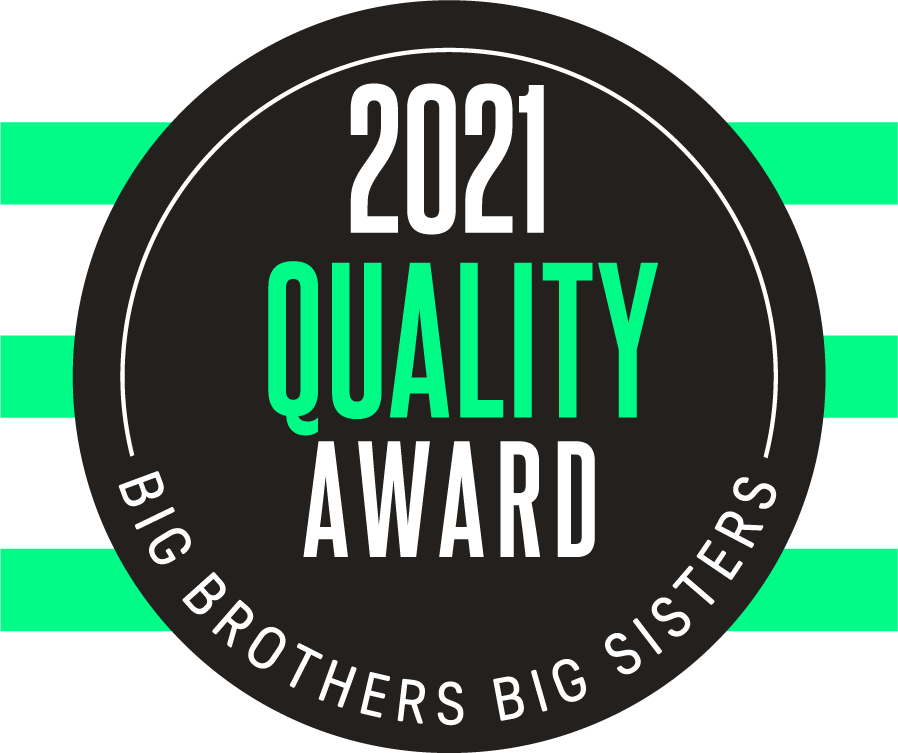

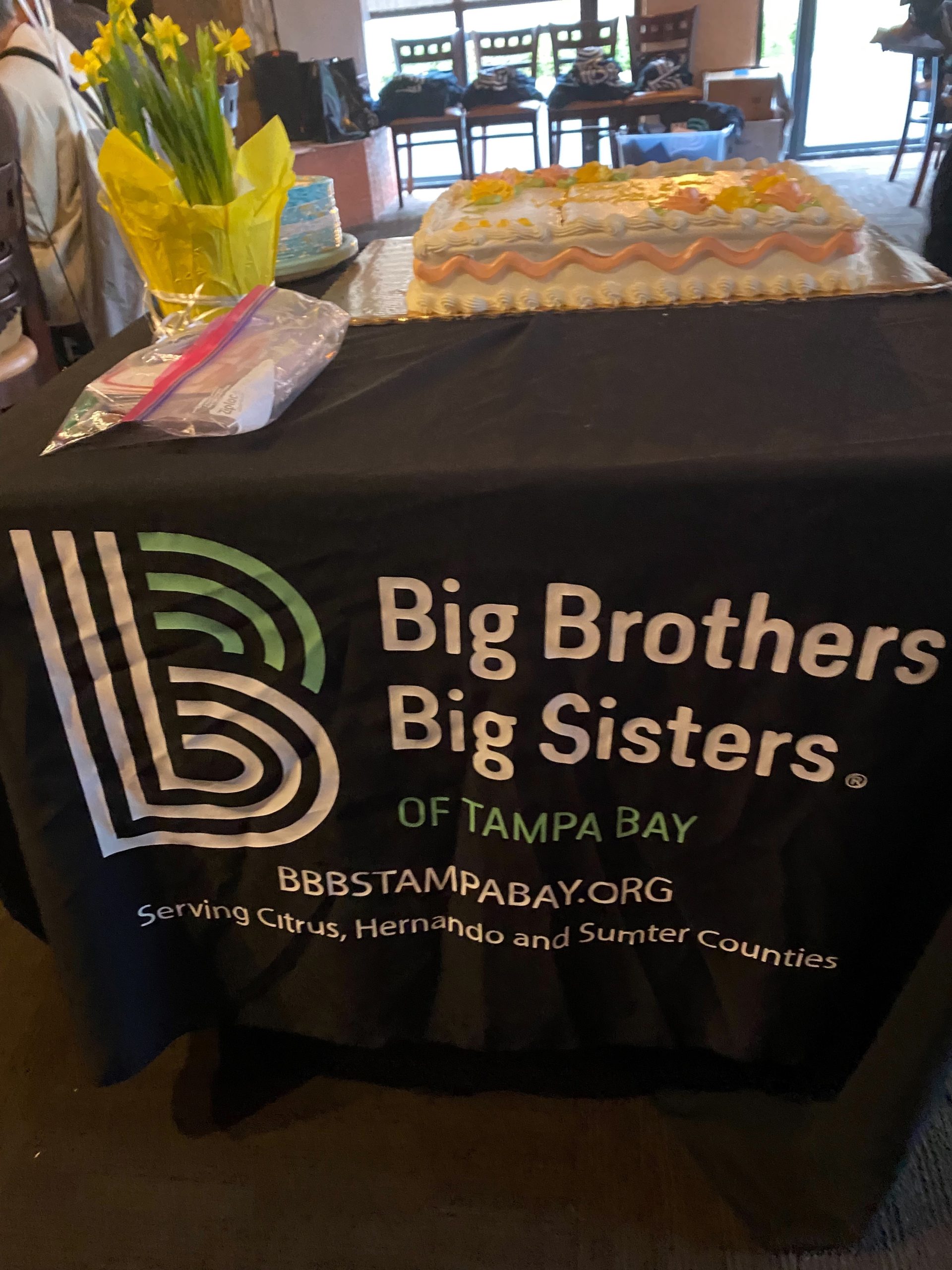
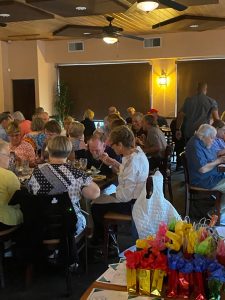 Join us as a defender of potential by becoming a mentor — what we call a Big.
Join us as a defender of potential by becoming a mentor — what we call a Big. 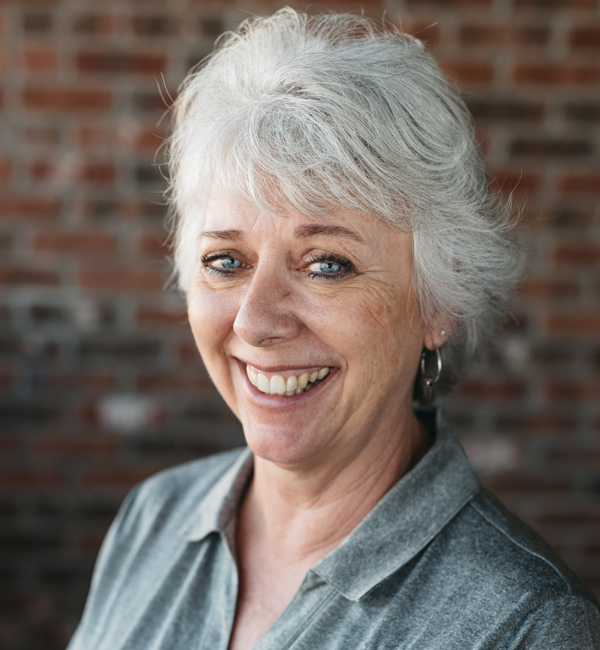
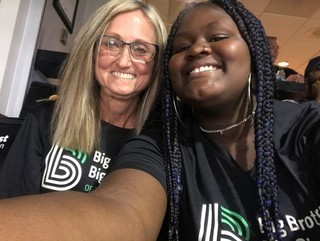
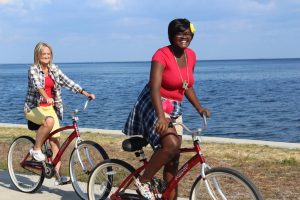
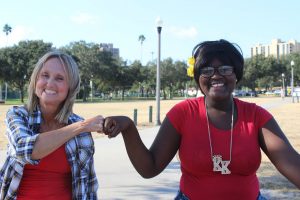 We are sad to announce the recent passing of our Big Sister Rebecca Serbin. Rebecca served faithfully as a Big Sister to her Little Sister Mikalya for more than 8 years. We are told she passed away peacefully on 2/12/2022 among her family members. Rebecca gave monthly as a Big Impact donor for 1 year and regularly participated in our annual Bowl For Kids’ Sake fundraisers. Big Brothers Big Sisters of Tampa Bay extends our deepest sympathies to Rebecca’s family and friends. Her parting leaves us all with great sadness, but we take comfort in all the joy she brought us while here. You will be greatly missed, Rebecca. Her full obituary can be found
We are sad to announce the recent passing of our Big Sister Rebecca Serbin. Rebecca served faithfully as a Big Sister to her Little Sister Mikalya for more than 8 years. We are told she passed away peacefully on 2/12/2022 among her family members. Rebecca gave monthly as a Big Impact donor for 1 year and regularly participated in our annual Bowl For Kids’ Sake fundraisers. Big Brothers Big Sisters of Tampa Bay extends our deepest sympathies to Rebecca’s family and friends. Her parting leaves us all with great sadness, but we take comfort in all the joy she brought us while here. You will be greatly missed, Rebecca. Her full obituary can be found 